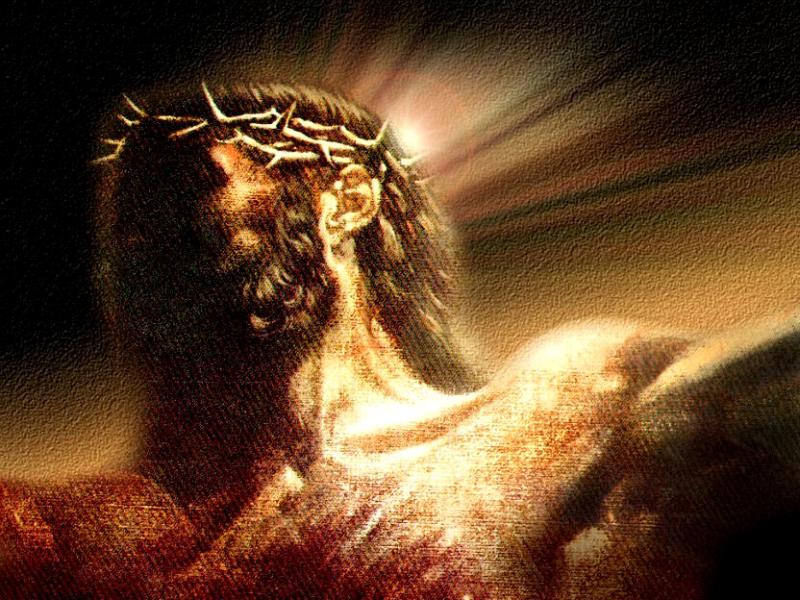THE SEED
For the LORD is good; His loving kindness is everlasting and His faithfulness to all generations. Psalm 100:5
We often fail to recognise God’s goodness in difficult circumstances because His ideas are so much higher than ours. We question why horrible things happen to us if God is good. Or, Why is Hell a Real Place? We overlook the fact that His viewpoint is greater to ours (Job 42:1-5). Then we demand that He follow our norms, accuse Him of being unjust, and reject His goodness. When Adam and Eve questioned God’s goodness, suffering and anguish started to occur. They were persuaded by the serpent that the Lord was trying to defraud them of their wisdom. How frequently do we experience the same bitterness? But there is goodness in every restriction, admonition, or order of the Lord. He desires to shield us from the painful effects of sin. God gave us free will so we might choose to love Him, which means His benevolent will might permit horrible things to occur. Sin has painful repercussions, but this doesn’t lessen God’s goodness; for people who love Him, He can make the worst situations good (Romans 8:28). Remember that God is good and cares for you even if you can’t see His hand at work or understand what He’s up to. We may trust His ways even though we may not fully comprehend them.
PRAYER
Oh Lord, thank you for your goodness in my life, give me the power to always recognize and appreciate your goodness in my life, Amen.
BIBLE READINGS: Romans 11:33-36
ǸJẸ́ ỌLỌ́RUN DARA NIGBA GBOGBO?
IRUGBIN NAA
Nitori Oluwa dara: ãnu Rẹ duro lailai, ati otitọ rẹ lati irandiran. Ìwé Orin Dafidi 100:5
Nigbagbogbo a kuna lati da oore Ọlọrun mọ ni akoko isoro nitori awọn ero Rẹ ga pupọ ju tiwa lọ. A beere idi ti awọn ohun ibanilẹru se n ṣẹlẹ si wa ti Ọlọrun ba jẹ ẹni rere. Tabi, Kini idi ti ọrun apadi se wa? A gbójú fo òtítọ́ náà pé ojú ìwòye re ga ju tiwa lọ (Jóòbù 42:1-5). Lẹhinna a beere pe ki O tẹle awọn ilana wa, fi ẹsun kan an fun jije alaiṣõtọ, a si kọ oore Rẹ silẹ. Nígbà tí Ádámù àti Éfà se Lodi si didara Olorun, ìjìyà àti ìrora ọkàn bere sií í ṣẹle. Ejo ni lati yi won lokan pada pe, Ólorun n gbiyanju lati re won je nipa ogbon won. Igba melo ni a ni iriri kikoro kanna? Ṣugbọn oore wa ninu gbogbo ihamọ, imọran, tabi aṣẹ Oluwa. Ó fẹ́ láti dáàbò bò wá lọ́wọ́ àwọn àbájáde onírora ese. Ọlọrun fun wa ni ominira ifẹ-inu ki a le yan lati nifẹ Rẹ, eyiti o tumọ si ifẹ inurere Rẹ le jẹ ki awọn ohun ibanilẹru ṣẹlẹ. Ẹṣẹ ni awọn abajade irora, ṣugbọn eyi ko dinku oore Ọlọrun; fun awọn eniyan ti o nifẹ Rẹ, O le sọ awọn isele ti o buru ju di rere(Romu 8:28). Ranti pe Ọlọrun dara ati pe o bikita fun ọ paapaa ti o ko ba le ri ọwọ Rẹ ni iṣẹ tabi loye ohun ti O n ṣe. A le gbẹkẹle awọn ọna Rẹ bi o tilẹ jẹ pe a le ma loye wọn ni kikun.
ADURA
Oluwa, o seun fun oore re ninu aye mi, fun mi ni agbara lati damo ati riri oore re nigba gbogbo ninu aye mi, Amin.
BIBELI KIKA: Róòmù 11:33-36
